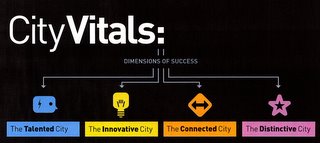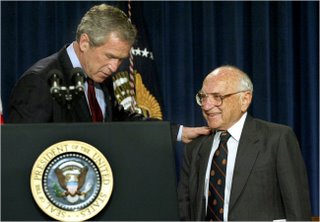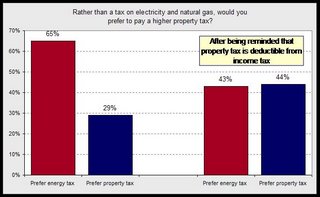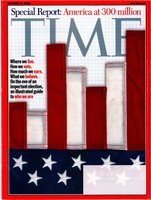"Weird" Is Good, Right?
 So what makes city a successful city? Well according the CEOs for Cities it takes a combination of talent, innovation, connection, and a distinctive nature. A recent presentation at the CEOs for Cities conference in Miami attempted to measure the top 50 metropolitan areas based on these for dimensions. Here is a review of the indexes included for each dimension.
So what makes city a successful city? Well according the CEOs for Cities it takes a combination of talent, innovation, connection, and a distinctive nature. A recent presentation at the CEOs for Cities conference in Miami attempted to measure the top 50 metropolitan areas based on these for dimensions. Here is a review of the indexes included for each dimension.
The TALENTED City: a)College attainment, b)Creative Professionals, c)Young & Restless residents, d)Traded sector talent, and e)International talent.
The INNOVATIVE City: a)Patents, b)Venture Capital, c)Self-employment, and d)Small businesses
The CONNECTED City: a)Voting, b)Community Involvement, c)Economic integration, d)Transit use, e)International students, f)Foreign travel, and g)Internet connectivity
The DISTINCTIVE City: a)Weirdness index, b)Culture, c)Restaurant Variety, and d)Movie variety.
So where does Salt Lake Rank?
- 1st -- community involvement (Minneapolis 2nd)
- 2nd -- 'weirdness index' (San Francisco 1st)
- 1st -- 'movie variety' (New Orleans 2nd)





